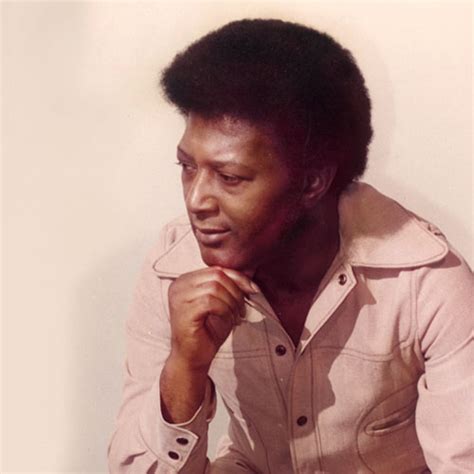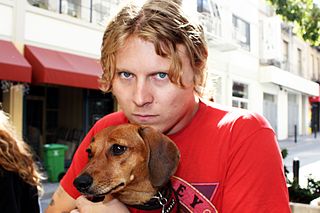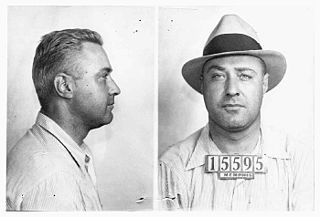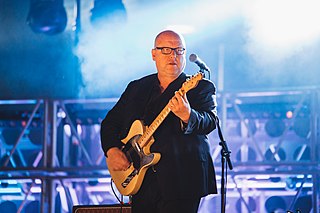A Quote by L.C. Cooke
Every person at a record company didn't want to be bothered with me because I was too smart. They knew if I recorded, they were going to have to pay me. They knew I wasn't going to be the artist that would just go in and record. I wanted to know about my royalties.
Related Quotes
I really like to think of each record as its own thing. So, for sure, but I hate the idea of being stuck in anything. Like I want to do a Hawkwind-style record too, or a noise rock record or a hardcore record. Why not, you know? I would just not want to keep heading too far in one direction, without pulling off and going the other way. That is what is fun for me.
I really like to think of each record as its own thing. So, for sure, but I hate the idea of being stuck in anything. Like I want to do a Hawkwind-style record too, or a noise rock record or a hardcore record. Why not, you know? I would just not want to keep heading too far in one direction, without pulling off and going the other way.
I call it "being interrupted by success." We had done The Soft Bulletin, which came out in 1999, and we knew we that were gonna make another record before too long. But in between this, we were still in this mode of kind of just - not re-creating what we could be, but kind of doing different things. For the longest time in the Flaming Lips we were like, "Make a record, go on tour. Come back, make another record," and you know, I think, frankly, we were kind of like, "There's more to life than just recording records and going on tour."
I do not want and will not take a royalty on any record I record. I think paying a royalty to a producer or engineer is ethically indefensible. The band write the songs. The band play the music. It's the band's fans who buy the records. The band is responsible for whether it's a great record or a horrible record. Royalties belong to the band. I would like to be paid like a plumber. I do the job and you pay me what it's worth.
I knew that's where I was going. I knew we were going to Italy. You couldn't make this movie in America at this price. I knew it was going to be big. I knew there was going to be a ship involved and that there was going to be a set as big as the ship. I thought, well, here we go. But I knew that was where he was headed. He had been going this way for some time. All directors, once they have some success, they want to spend a whole heck of a lot of money. (Something else can't hear.)
I wanted to project myself forward to age 80 and say, ‘OK, I’m looking back on my life. I want to minimise the number of regrets I have.’ And I knew that when I was 80, I was not going to regret having tried this. I was not going to regret trying to participate in this thing called the Internet that I thought was going to be a really big deal. I knew that if I failed, I wouldn’t regret that. But I knew the one thing I might regret is not ever having tried. I knew that that would haunt me every day.
The live thing is separate from the record for me. I have to figure out a way to make the songs work live. It's always going to be different than it is on a record, because every record I've made, there are people playing parts on there that are not going to be coming on tour with me. As much as still feeling connected to it, it's more like rediscovering.
I won't necessarily make new music because when you make a record there are these great expectations on the side of the record company who are going to produce your record, promoters that are going to do your shows. They want you to do interviews, they want you to play shows. I mean, they want it to be a campaign.































